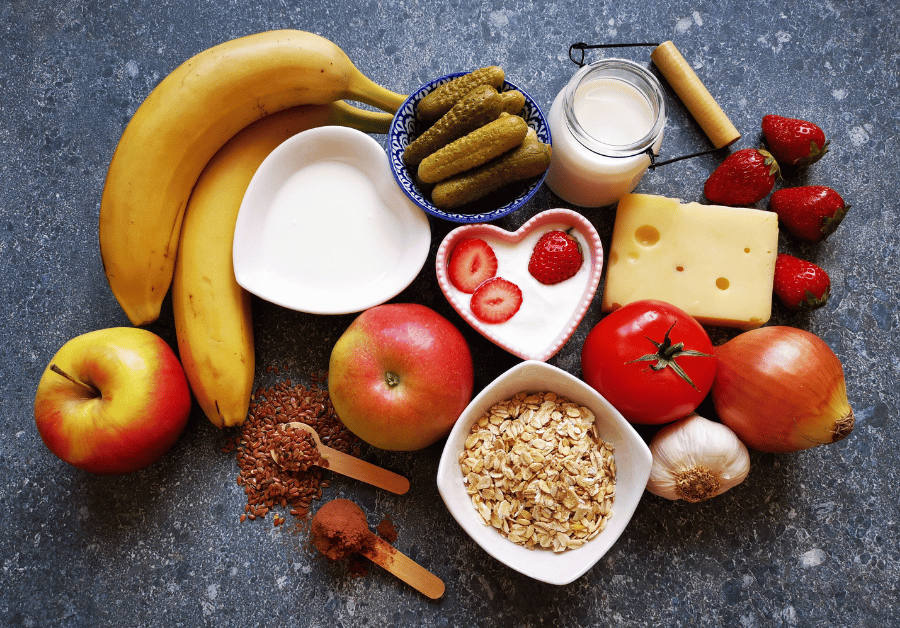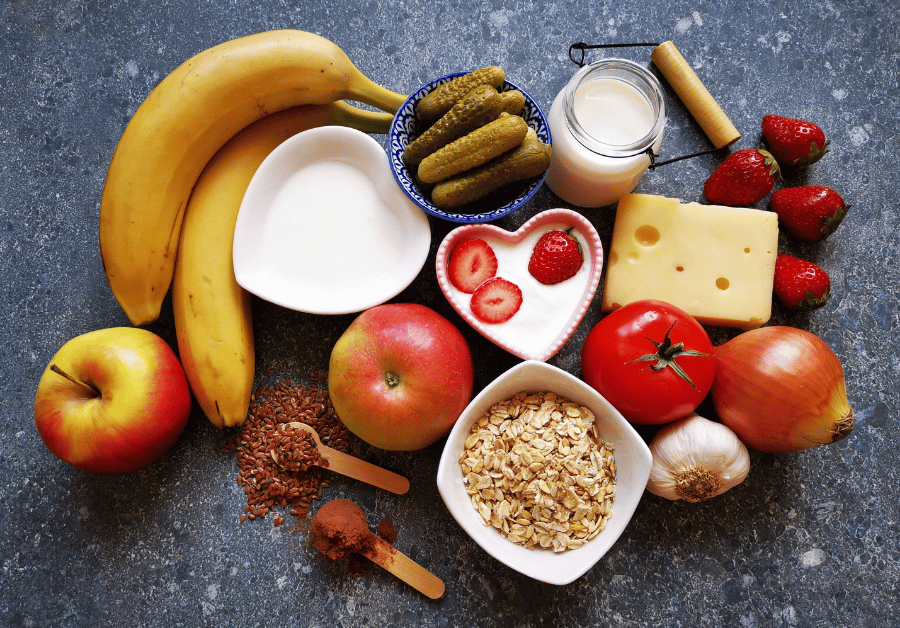Colonise the Colon: The Power of Probiotics
Probiotics play a powerful role in helping to colonise the gut with beneficial bacteria. These live microorganisms work to increase the population of good bacteria, creating a balanced and healthy gut environment.
By establishing themselves in the digestive tract, probiotics help inhibit the overgrowth of harmful bacteria, which can lead to infections, inflammation, and digestive issues.
They support overall gut health by promoting a strong, diverse community of good bacteria that aid digestion, nutrient absorption, and immune function.
Prebiotics: Fuel for Probiotics
Prebiotics, on the other hand, are the essential nutrients that feed probiotics, enabling them to thrive and multiply. Unlike probiotics, which are live bacteria, prebiotics are non-digestible fibres that serve as food for the beneficial bacteria in your gut.
Foods rich in prebiotics include garlic, onions, bananas, asparagus, and whole grains. By nourishing probiotics, prebiotics help maintain a healthy gut microbiome, improve digestion, and support immune health.
Together, prebiotics and probiotics work in synergy to create a balanced and thriving digestive system.


